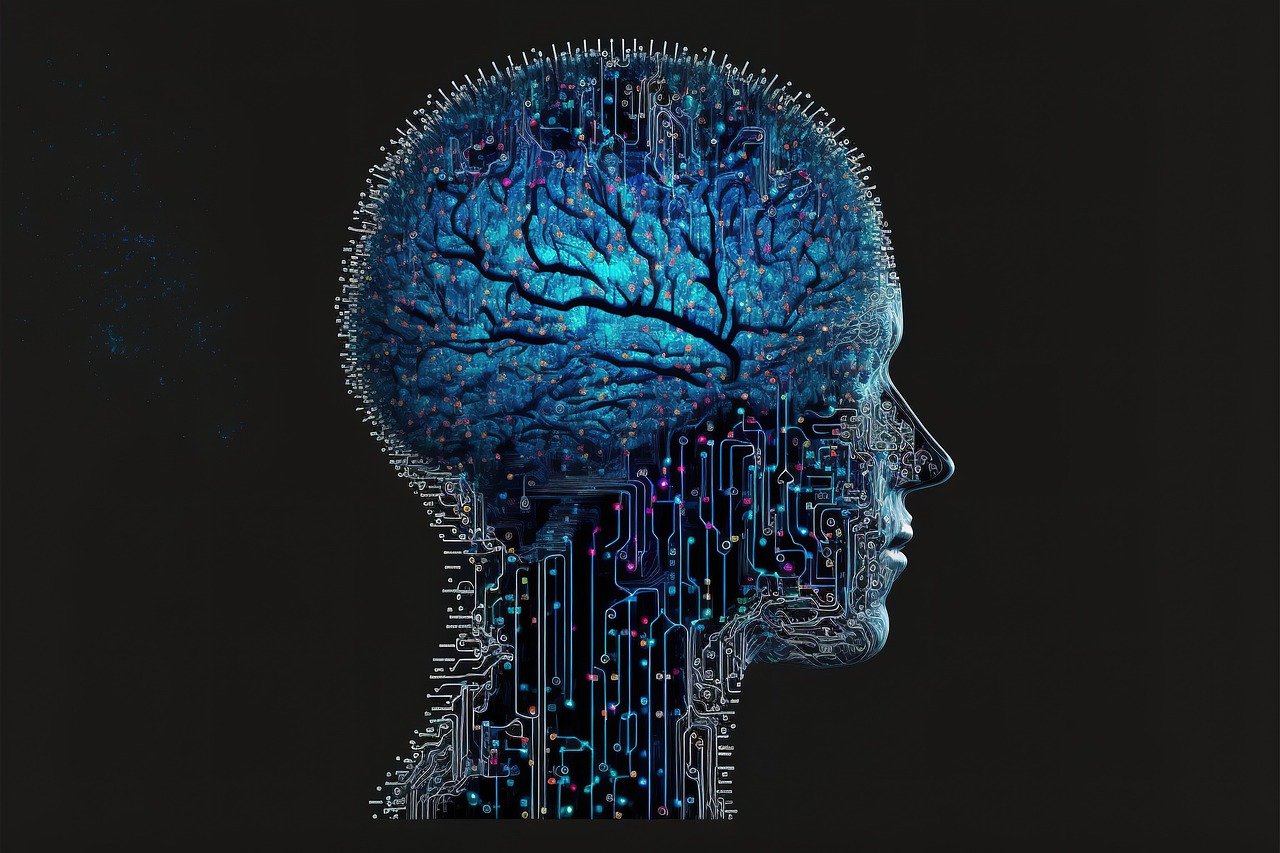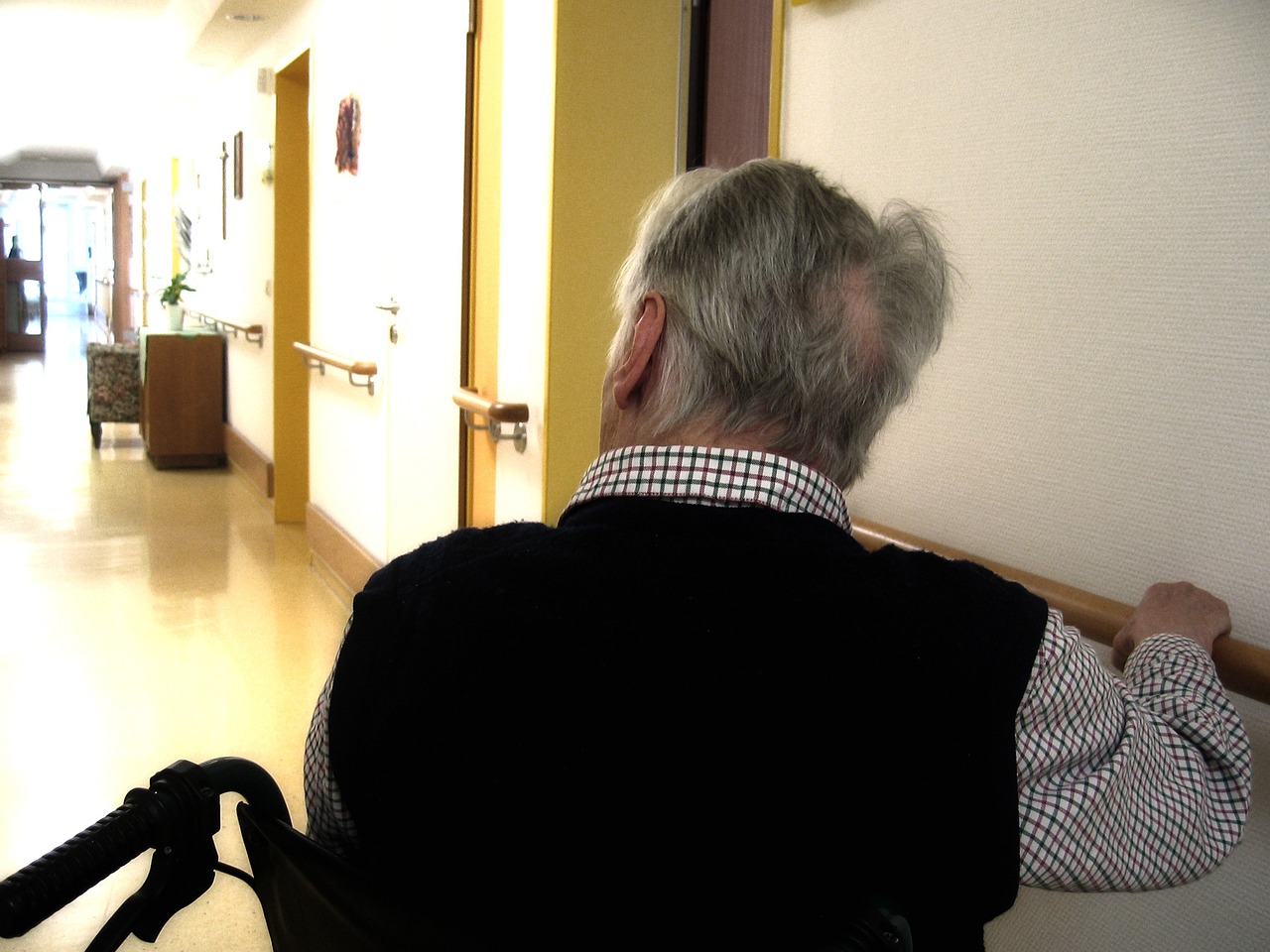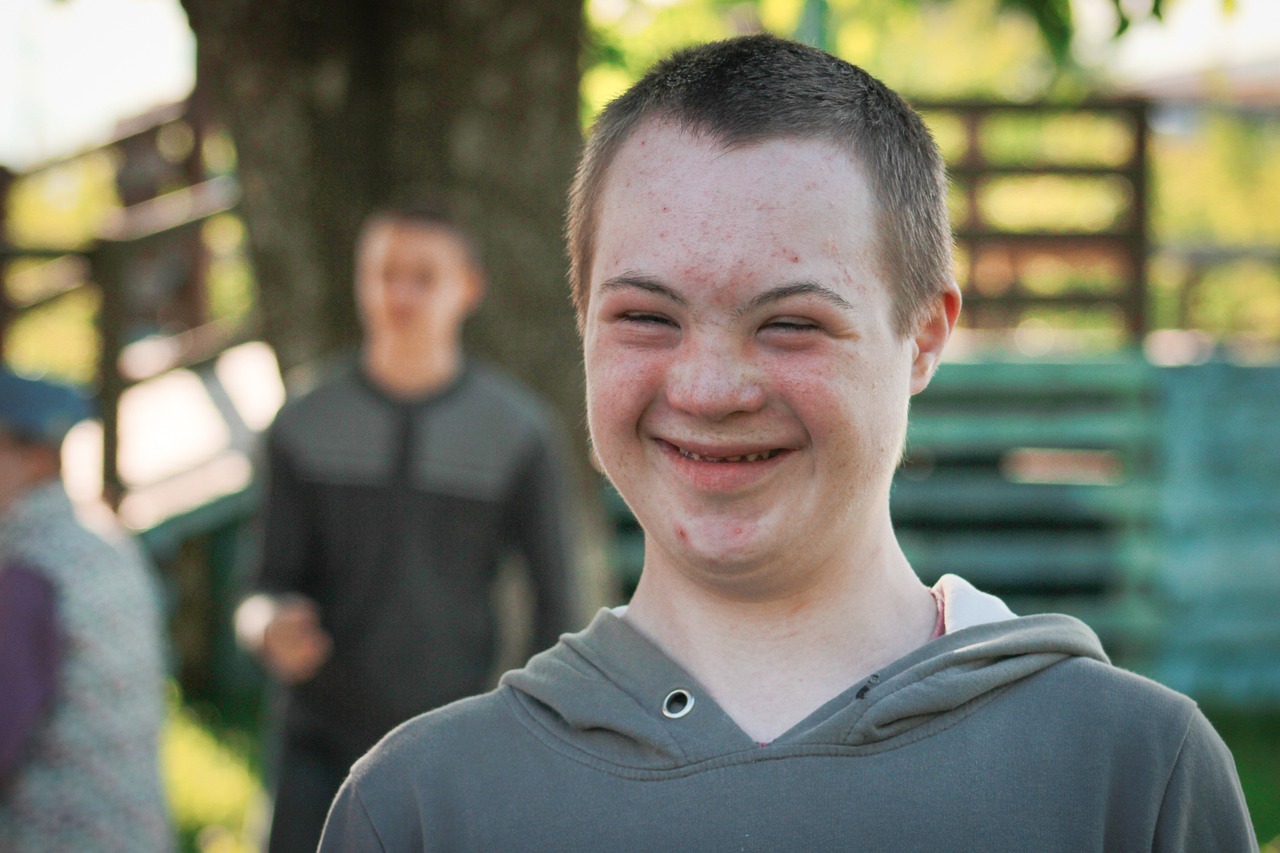While dementia isn't a normal part of aging, it becomes more common as people get older. However, it's crucial to note that dementia is not a specific disease but rather a collective term for various conditions characterized by cognitive decline. Understanding the root causes of dementia can shed light on preventive measures and potential treatments. Let's delve into the ten main causes of dementia:
1. Alzheimer's Disease
Alzheimer's disease, responsible for the majority of dementia cases, is marked by the accumulation of abnormal protein deposits in the brain. As the disease progresses, individuals experience memory loss, confusion, and difficulties with everyday tasks. While the exact cause of Alzheimer's remains unclear, genetic and environmental factors likely play significant roles.
2. Vascular Dementia
Vascular dementia occurs when impaired blood flow to the brain deprives brain cells of oxygen and nutrients, leading to their damage or death. This condition often follows strokes or other conditions that affect blood circulation in the brain.
 Image by Gerd Altmann from Pixabay
Image by Gerd Altmann from Pixabay
3. Lewy Body Dementia
Lewy body dementia is characterized by the presence of abnormal protein deposits called Lewy bodies in the brain. These deposits interfere with chemical messengers, disrupting normal brain function. Individuals with Lewy body dementia may experience hallucinations, movement disorders, and fluctuations in alertness and attention.
 Photo by Steven HWG on Unsplash
Photo by Steven HWG on Unsplash
4. Frontotemporal Dementia
Frontotemporal dementia primarily affects the frontal and temporal lobes of the brain, leading to changes in behaviour, personality, and language abilities. This form of dementia often manifests in younger individuals, typically between the ages of 40 and 65.
 Photo by Danie Franco on Unsplash
Photo by Danie Franco on Unsplash
5. Mixed Dementia
Mixed dementia occurs when a person exhibits symptoms of more than one type of dementia, such as Alzheimer's disease and vascular dementia. It is challenging to diagnose because the symptoms overlap and can vary in severity.
 Image by Gerd Altmann from Pixabay
Image by Gerd Altmann from Pixabay
6. Traumatic Brain Injury
A severe blow or jolt to the head can result in traumatic brain injury (TBI), which increases the risk of developing dementia later in life. TBIs disrupt normal brain function and can lead to cognitive impairment, memory loss, and behavioral changes. While not all TBIs result in dementia, repeated injuries or a history of concussions may elevate the risk.
 Image by Kohji Asakawa from Pixabay
Image by Kohji Asakawa from Pixabay
7. Huntington's Disease
Huntington's disease is an inherited genetic disorder characterized by the progressive degeneration of brain cells. It typically manifests in mid-adulthood and leads to a decline in cognitive abilities, movement disorders, and psychiatric symptoms. The underlying cause of Huntington's disease is a mutation in the huntingtin gene, which leads to the production of toxic proteins damaging brain cells.
8. Parkinson's Disease
Parkinson's disease primarily affects movement, but cognitive impairment, including dementia, can also develop as the condition progresses. While medications and therapies can help manage symptoms, there is currently no cure for Parkinson's-related dementia.
 Image by Gerd Altmann from Pixabay
Image by Gerd Altmann from Pixabay
9. Down Syndrome
Individuals with Down syndrome have an extra copy of chromosome 21, which carries the gene responsible for producing amyloid precursor protein (APP). Overproduction of APP leads to the accumulation of amyloid plaques in the brain, increasing the risk of early-onset Alzheimer's disease. As a result, adults with Down syndrome are more susceptible to developing dementia at a younger age compared to the general population.
 Image by Daniil Slavinski from Pixabay
Image by Daniil Slavinski from Pixabay
10. Creutzfeldt-Jakob Disease
Creutzfeldt-Jakob disease (CJD) is a rare, rapidly progressive neurodegenerative disorder caused by abnormal prion proteins. These proteins trigger the degeneration of brain cells, resulting in a swift decline in cognitive function, movement abnormalities, and psychiatric symptoms. CJD can occur spontaneously, be inherited, or transmitted through contaminated medical procedures, although the latter is exceedingly rare.
As our understanding of dementia grows, so does our awareness of the importance of prevention. While there's no foolproof way to guarantee immunity from dementia, adopting certain lifestyle habits and making proactive choices can significantly reduce the risk. Let's explore ten strategies that may help prevent dementia:
1. Stay Physically Active
Engaging in activities like walking, swimming, or dancing improves blood flow to the brain, reduces the risk of cardiovascular disease, and stimulates the growth of new brain cells. Aim for at least 150 minutes of moderate-intensity exercise each week to reap the cognitive benefits.
2. Maintain a Healthy Diet
What you eat profoundly impacts your brain health. Embrace a diet rich in fruits, vegetables, whole grains, lean proteins, and healthy fats like those found in fish, nuts, and olive oil. Minimize consumption of processed foods, sugary snacks, and excessive alcohol, which can contribute to inflammation and oxidative stress in the brain.
 Image by Marijana from Pixabay
Image by Marijana from Pixabay
3. Stimulate Your Mind
Just like your body, your brain thrives on challenges and stimulation. Engage in activities that challenge your intellect, such as puzzles, learning a new language, playing musical instruments, or taking up a new hobby. Lifelong learning promotes the formation of new neural connections and helps preserve cognitive function as you age.
 Image by Steve Buissinne from Pixabay
Image by Steve Buissinne from Pixabay
4. Socialize Regularly
Maintaining social connections is vital for brain health. Regular social interaction reduces feelings of loneliness and depression, which are associated with an increased risk of cognitive decline. Make time for friends and family, join clubs or community groups, and participate in social activities to nourish your social network.
5. Prioritize Quality Sleep
Getting adequate, restful sleep is essential for cognitive function and memory consolidation. Aim for 7-9 hours of uninterrupted sleep each night and establish a regular sleep schedule. Create a relaxing bedtime routine, limit screen time before bed, and ensure your sleep environment is conducive to restorative sleep.
6. Manage Stress Effectively
Chronic stress can take a toll on brain health and increase the risk of dementia. Incorporate stress-reduction techniques such as mindfulness meditation, deep breathing exercises, yoga, or tai chi into your daily routine. These practices promote relaxation, reduce cortisol levels, and support overall well-being.
 Image by StockSnap from Pixabay
Image by StockSnap from Pixabay
7. Protect Your Head
Preventing head injuries is crucial for preserving brain health in the long term. Wear helmets during activities like biking, skating, or skiing, and take precautions to prevent falls, especially as you age. Protecting your head reduces the risk of traumatic brain injury, which is linked to an increased risk of dementia.
 Image by Bastian Riccardi from Pixabay
Image by Bastian Riccardi from Pixabay
8. Maintain Heart Health
A healthy heart equals a healthy brain. Manage risk factors for cardiovascular disease, such as high blood pressure, high cholesterol, diabetes, and obesity, through lifestyle modifications and, if necessary, medication. By prioritizing heart health, you're also safeguarding your brain against conditions like vascular dementia.
9. Limit Alcohol Consumption
Excessive alcohol consumption can harm brain cells and increase the risk of dementia. If you choose to drink alcohol, do so in moderation. Stick to recommended guidelines, which suggest no more than one drink per day for women and two drinks per day for men, and consider alcohol-free days each week.
 Image by AIAC Interactive Agency from Pixabay
Image by AIAC Interactive Agency from Pixabay
10. Stay Mentally Active
Maintaining a sense of purpose and engagement in life contributes to overall brain health. Stay mentally active by pursuing activities that align with your interests and values, whether it's volunteering, working, or engaging in creative endeavors. A fulfilling and meaningful life promotes cognitive resilience and may help protect against dementia.
 Image by Chaiyan Anuwatmongkolchai from Pixabay
Image by Chaiyan Anuwatmongkolchai from Pixabay














